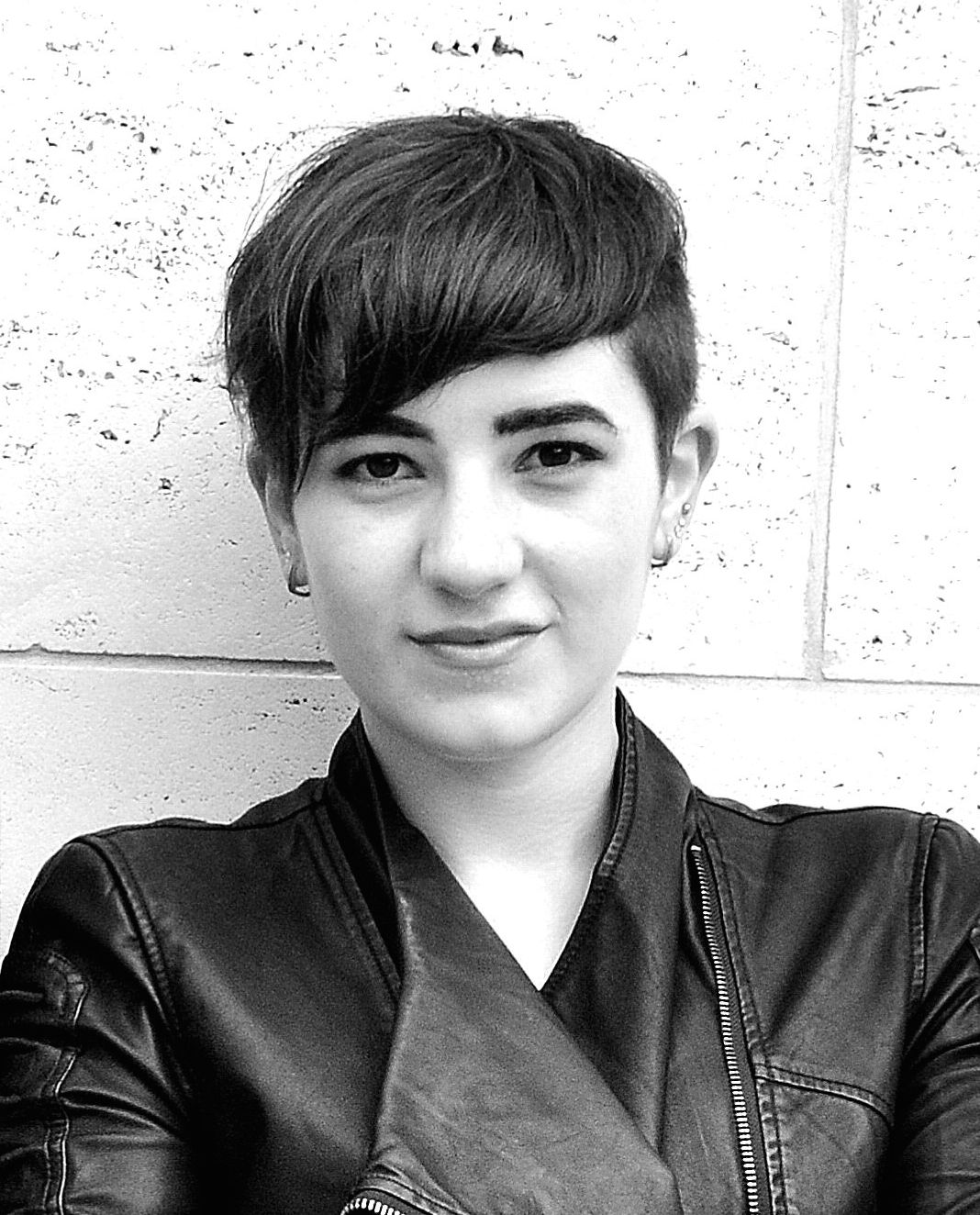Monday, May 12th, 2014

Written by Tim Hansen
Fresh-faced young wannabe composers arriving at college are told in Composing 101: find your voice. Refine it down. Success means choosing a niche and painstakingly carving it out of the musical landscape bit by bit, like Andy Dufresne’s prison-cell wall inThe Shawshank Redemption, until you have your own tiny, specialised musical hidey-hole from which you can create your art.
2013 JFund recipient Danielle Schwob must have missed class that first day way back when, as she hasn’t so much as carved out a niche for herself as taken to the wall with a pickaxe and some dynamite, blowing a creative space for herself so big that you could drive a truck through it. The young, UK-born composer does pretty much everything: pop songs, rock, film scores, avant-garde electronica, concert music, broadway shows… nothing seems to be off the table for the dynamic Schwob.
“I’m not surprised that I developed eclectic tastes,” reflects Schwob. Growing up in a house full of music lovers “who were just as likely to be listening to John Adams as they were John Lennon, or John Williams for that matter”, Schwob learned guitar, sang in choirs, and spent her teenage years playing in rock and jazz bands. Upon entering university Schwob launched into studying classical composition, transplanting herself from her native England to New York City in the process. Usually this would be the point in the story in which the young protagonist faces an existential dilemma as to whether to pursue one calling or another, but Schwob seems to have skipped that chapter and decided to do it all.
“I think of these different outputs as different versions of Danielle Schwob, although that does make me sound like I have multiple personalities!” she jokes. “I’ve been told that you can hear the classical influence in some of my pop melodies and that my concert writing has an immediacy to it but I still think they’re very separate.”
Currently, Schwob has a number of significant irons in the fire: in addition to her own personal projects she is recording a new pop/rock album with three-time Grammy award-winning producer David Botrill, as well as a new theatrical production based upon the music of legendary punk band The Pogues in collaboration with the band themselves. Somehow in the midst of all this activity, Schwob has found the time to turn her considerably broad creative palette to putting together a trio of solo works for piano, violin and cello, which was made possible by her 2013 JFund award. The pieces will be based upon a series of self-portraits by three of Britain’s greatest 20th century artists, Francis Bacon, David Hockney and Lucian Freud. Schwob suggests that self-portraits are ideal muses for solo music works since both art forms “force the artist to make a deliberate presentation of themselves to an audience with support from virtually nothing else.”
“I’ve done my best to reflect the individual characteristics of each portrait within the compositions,” she continues. “The piano movement, for example, is based on the Freud painting and so the music is assertive but thoughtful. The violin piece is based on Hockney’s portrait and so it’s wispier and more delicate, while the cello corresponds to Francis Bacon and so it’s darker and more violent. It’s interesting though since it’s a nebulous process that involves a lot of projection – I am essentially developing three of my own self-portraits…based on self-portraits of people I’ve never met…which will then be presented as solo performances by other people. Murky waters indeed…”
Growing up in London but spending her adulthood in New York has left Schwob “figuratively stranded somewhere in the middle of the Atlantic Ocean”. Much like her output, which has resisted easy categorisation, Schwob long ago gave up trying to decide if she was a British artist or an American one. However she is well-placed to describe the differences between the London music scene and its New York counterpart, which could explain to some extent Schwob’s unusually broad oeuvre.
“The English seem to draw less of a distinction between high and low art,” she explains. “Pop, rock and film scores generally aren’t looked upon as being frivolous or lowbrow in the way that I’ve experienced in the US, and concert music, while still considered ‘intellectual’, doesn’t have such a lofty, inaccessible air to it. Music doesn’t get put into boxes quite as easily and I think that opens up a lot of interesting doors creatively. That being said, at the grassroots level I’ve found individual artists over here to be just as forward-thinking as they are in Britain. The difference seems to be in what rises to the top and becomes absorbed into culture and what is relegated to a niche audience – something that probably has more to do with who is working at the record labels, big institutional orchestras and so on – than it does the musicians themselves.”